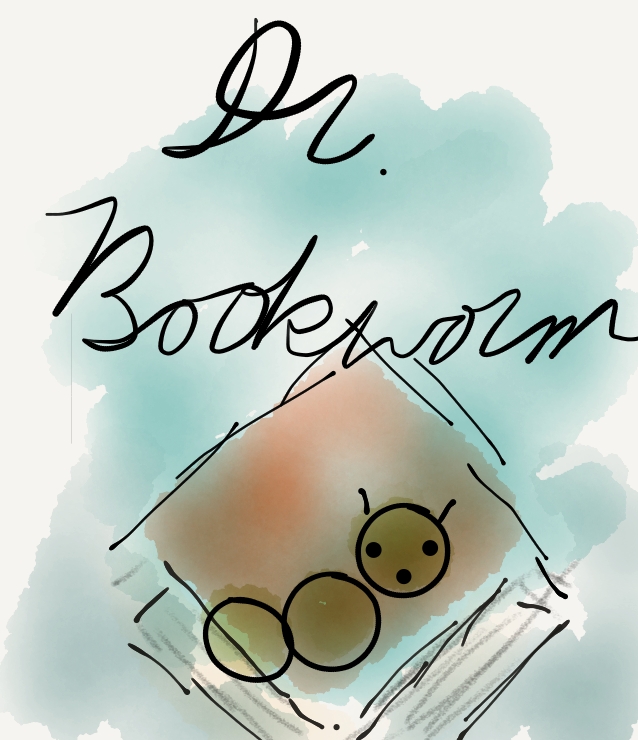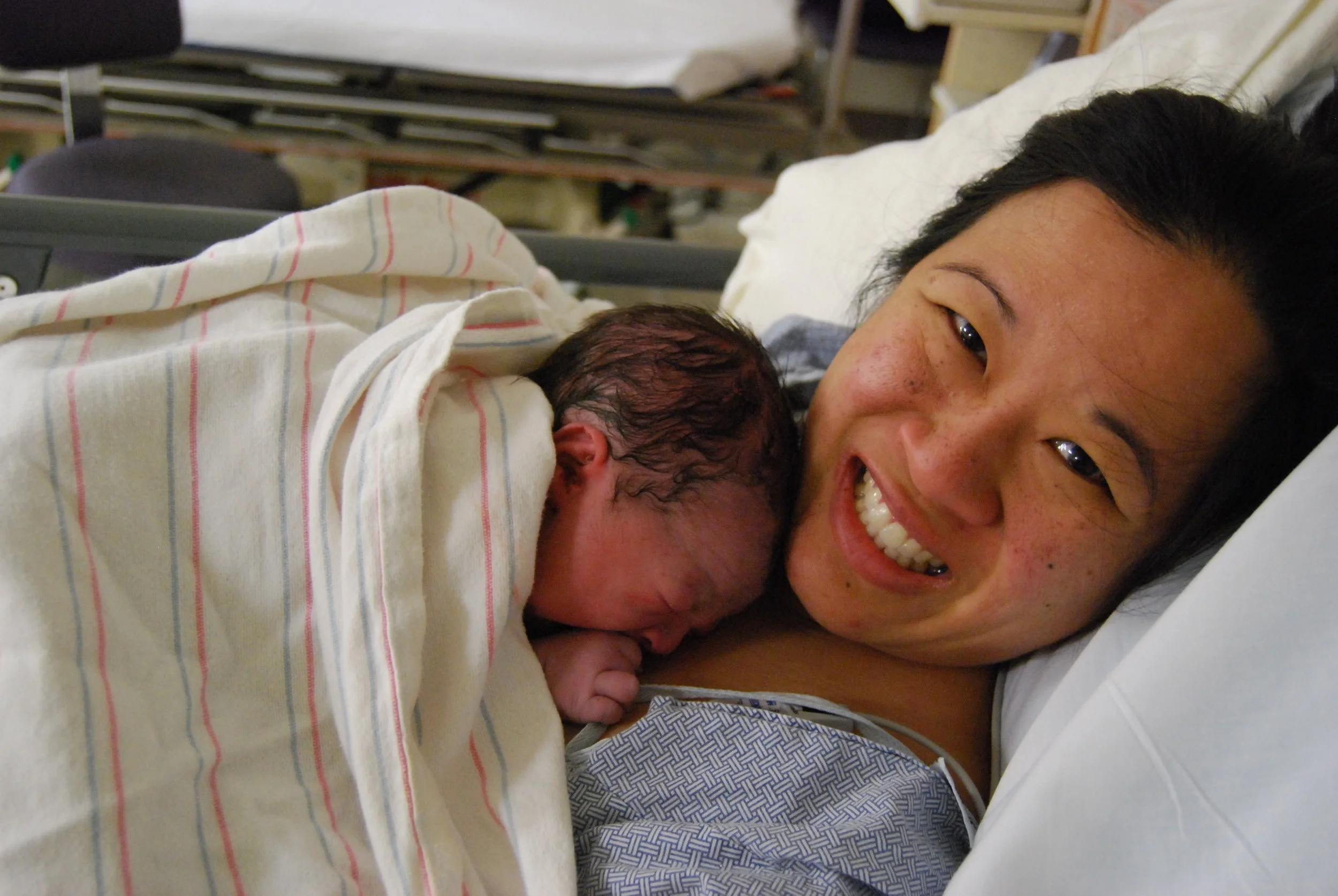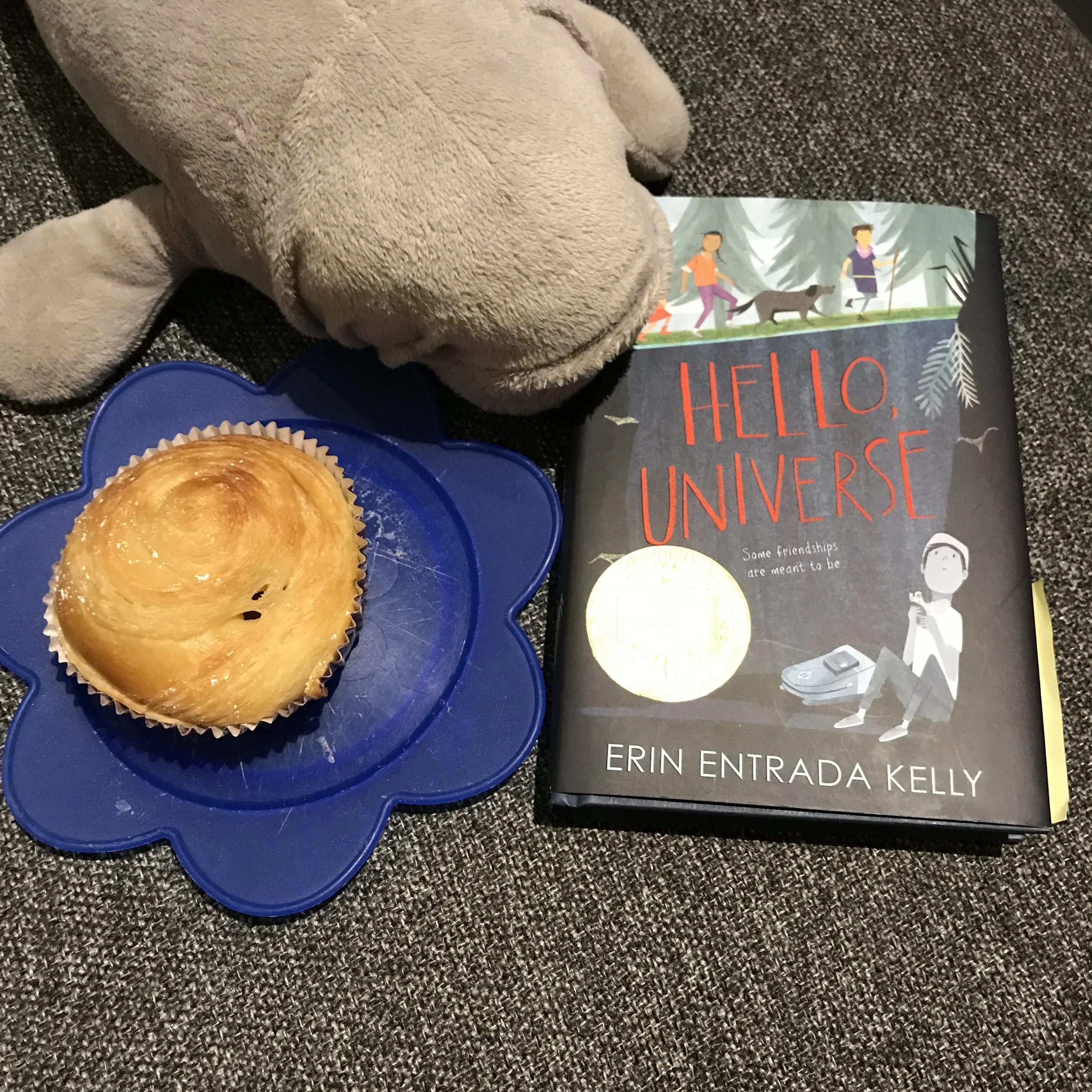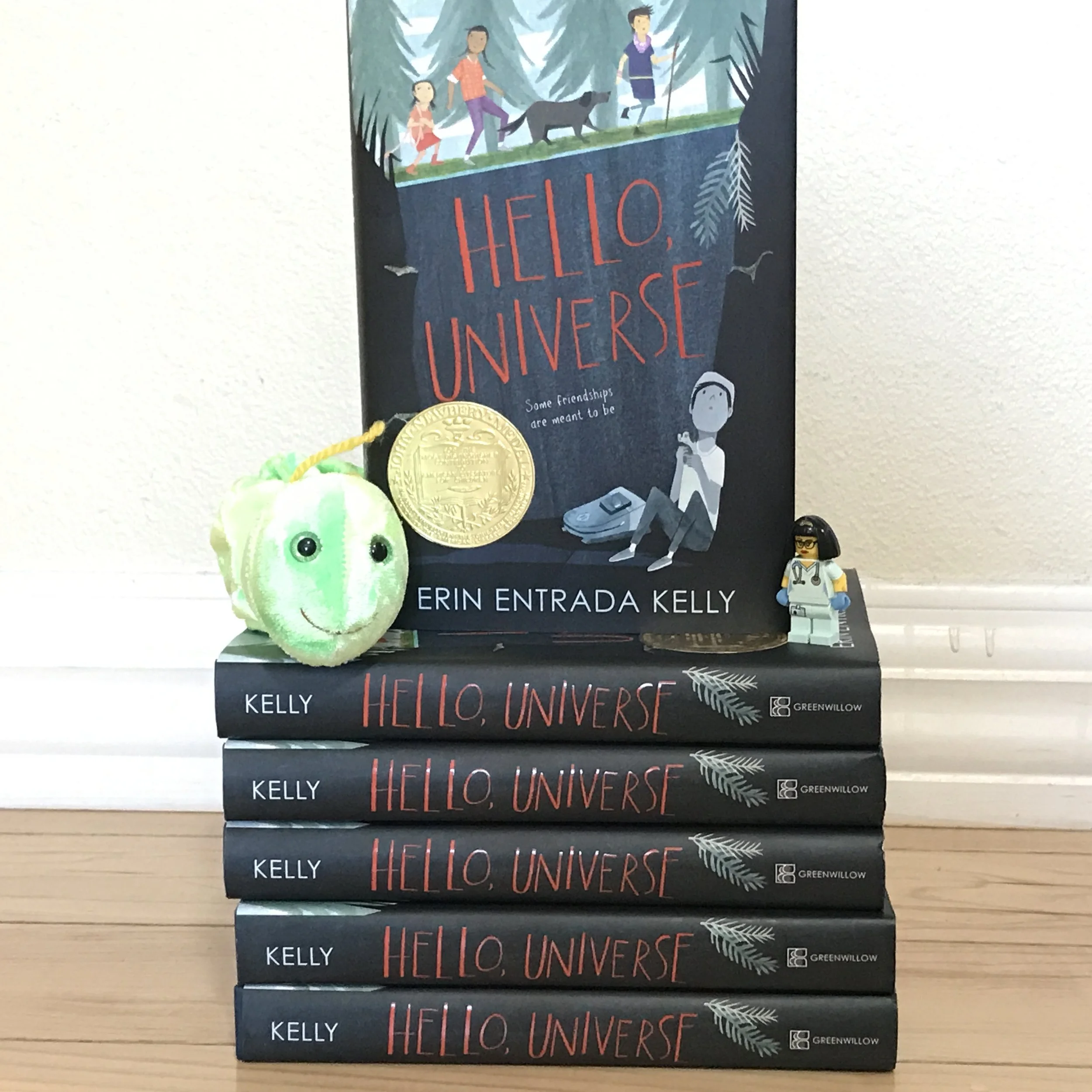The Land of Forgotten Girls
The Land of Forgotten Girls by Erin Entrada Kelly (published March 2016)
When I was growing up, and even as a young adult/new adult (just to mimic the platforms), I found it hard to find Filipina writers who were of a similar generation to me. Maybe it’s because I’m older now, maybe it’s because the book world has made many transformations, but I have been delightedly surprised to find books with the main character either being an immigrant to the US or first generation born in the US. (At least as an immigrant coming from a non-European country.)
Since the main character in Erin Entrada Kelly's The Land of Forgotten Girls is an immigrant from the Philippines to the United States, I thought it would be fun to do this review a little differently. I thought it might be nice to hear (read) three different reviews by three different Filipina-American women. Cherryl is a Filipina-American nurse I work with. Marigold is a good friend who I've known since her eldest son and Mini Me Bookworm were still in diapers and were crawling around. She happens to be half-Filipina and half-white. (And hosts this great creative blog, Hideous!Dreadful!Stinky!, Check it out for some fun ideas.) And me? I'm Filipina-Chinese-American. All three of us are first generation on at least one side.
Cherryl's Review:
I thought The Land of Forgotten Girls was a great book about character building, almost like the saying 'Don't judge a book by its cover'. Also, a great read about thinking that the grass is greener elsewhere when it really isn't. I liked how the characters had some type of common ground.
Marigold's Review:
The Land of Forgotten Girls was much heavier than I expected for a middle-grade book. I appreciated the imperfections of the main character, Soledad, and the tragedies in her young life that lead to her somewhat bent moral compass. I enjoyed the relationship between Sol and her sister Ming, and Sol's fierce love for and loyalty to the only family member she has left. As a half-Filipina who lived in South Louisiana for many years, I enjoyed the cultural references and flavors woven throughout the story. Many of Sol's fairy tales reminded so much of my Cebuano grandmother and the stories she would tell.
All of that said, it wasn't a very uplifting book. I think it lacked a moment of true joy that would give the reader some hope for these girls. There are moments of normalcy and moments of comfort that make it seem like their lives will be tolerable in the end, but there was never a moment that made me feel like there was a chance for real happiness. Even in the end, happiness seems to only exist in the fairy tales, and I so wanted a real-life moment of joy for them.
I was also hoping for greater redemption of the evil stepmother, Vea. We saw glimpses of humanity from her. Many of the other side characters were better people than Sol's initial impressions of them (for example, I loved her interaction with Blackbeard, the mean junkyard owner). I wanted, for everyone's sake, for Vea to be more than the emotionally and physically abusive "dragon" that they were forced to live under, and for some kind of family to form from the tragedies. Maybe that idea is just a fairy tale.
Overall, I thought it was a poignant and well-written story, but not one that left me feeling particularly hopeful.
Dr Bookworm's Review:
Finding Erin Entrada Kelly has been such a fun surprise. Mini-Me Bookworm is the type of bibliophile who cannot resist picking up a book if she passes by it. So, of course, she read through EEK’s (how funny that these are her initials!) Blackbird Fly before I did. And I admit, I didn’t get to it before it was requested by another patron at the library. But I did manage to read The Land of Forgotten Girls. Even though I’m only partially Filipino, and I am a first generation American, I found myself relating so much in so many different ways to Soledad. Sol uses her imagination and tells stories passed down to her from her mother, much like I remember listening to my storyteller Lola (grandma) tell stories about our family to me. Sol is mourning her sister, while at the same time avoiding the topic. The Land of Forgotten Girls focuses on the sibling relationship between an oldest child and youngest child, where the middle child has passed away. I have three girls, my middle one passed away shortly after birth. I can understand their family dynamics completely.
More than that, I feel sucked into Sol’s world right away—sometimes it’s hard to suspend my disbelief when reading novels. My mind starts to wander and I start to ruminate on why an author decided to do this or that or create a certain character in a certain way. With this book, I eased right into Sol’s world, Magnolia Tower, and the difficult time of the coming-of-age puberty years.
And even though Kelly uses an evil stepmother, which can feel like a stereotype or trope, in the end I have mixed feelings. I can see the isolation that Vea, Ming and Soledad each must have felt in trying to assimilate to a new country. Does it excuse Vea’s meanness and pinching of noses and foreheads? No. But I can understand it a little better. And even though the end feels ambiguous and unresolved, I’m okay with that. Because sometimes there aren’t just two sides to a story. There are various shadings of good and bad and a whole lot in between. Kelly’s characters are multifaceted and real. Except when they’re ghosts, of course.
Let’s talk about this ghost. It comes in the form of Soledad’s sister who has died, whose death, in fact, Soledad blames herself for. Her name is Amelia, the same name as my beloved Lola (grandma). And Amelia appears to Soledad at various times. In fact, Amelia and Ming are the only two family members that Soledad has left to her and, as I said, one is a ghost! The tagline of the book is “Sometimes all you need is your sister” and I can see this theme throughout the book. As someone who is close to both of my sisters, I can understand this sentiment through and through. I love that Kelly focuses not just on the immigration experience but on the reverse-discrimination experiences as well as we see when Soledad and her best friend (a Mexican-American boy) pick on a girl they call Casper who goes to private school nearby. When I was growing up, how I wish I had a book like this that would have helped me sort out my own feelings of being part of my small Catholic private school community but never really feeling like a part of it. There are so many nuances where we experience with Soledad how she must have misjudged someone, and that maybe she isn’t as alone as she thinks she may be.
All in all, The Land of Forgotten Girls is a truly wonderful and multicultural coming of age story. You know a book is good when you wish you had written it yourself.
Side note: My very first novel, Yellow Moths, has ghosts involved. At the time I started crafting it, I was in my early 20s and my Lola was still alive. As it involves a Lola and a Lola-Lola (great-grandmother) going to visit the main character because they have unresolved issues, I had a hard time going back to writing it after my own Lola passed away in 2001. It still sits there on my old laptop and on a back-up hard drive somewhere. Maybe someday I’ll get back to it, especially as part of it is set in one of my favorite places in the world, Monterey, California. If my Lola promises not to haunt me.
Rating: Buy it. This is definitely one that I will be re-reading. And Mini-Me has already read it several times. Marigold's rating: Borrow it/Middle Shelf.
Ages: This is a middle grade book and the content was appropriate for my ten year old. So I’d say ages 9-10 on up. Supposedly kids like to read about characters who are older than they are, and Soledad is 12 years old, so this sounds about right.
A big thank you to Cherryl and Marigold for reading and reviewing this book with me!






